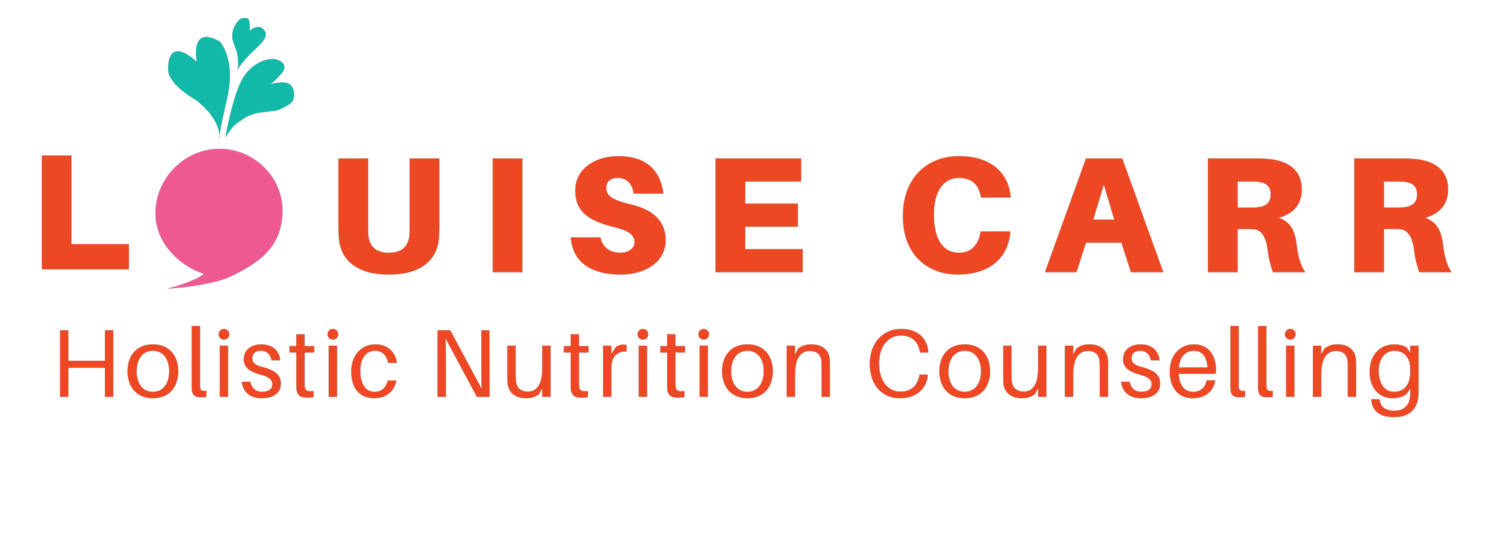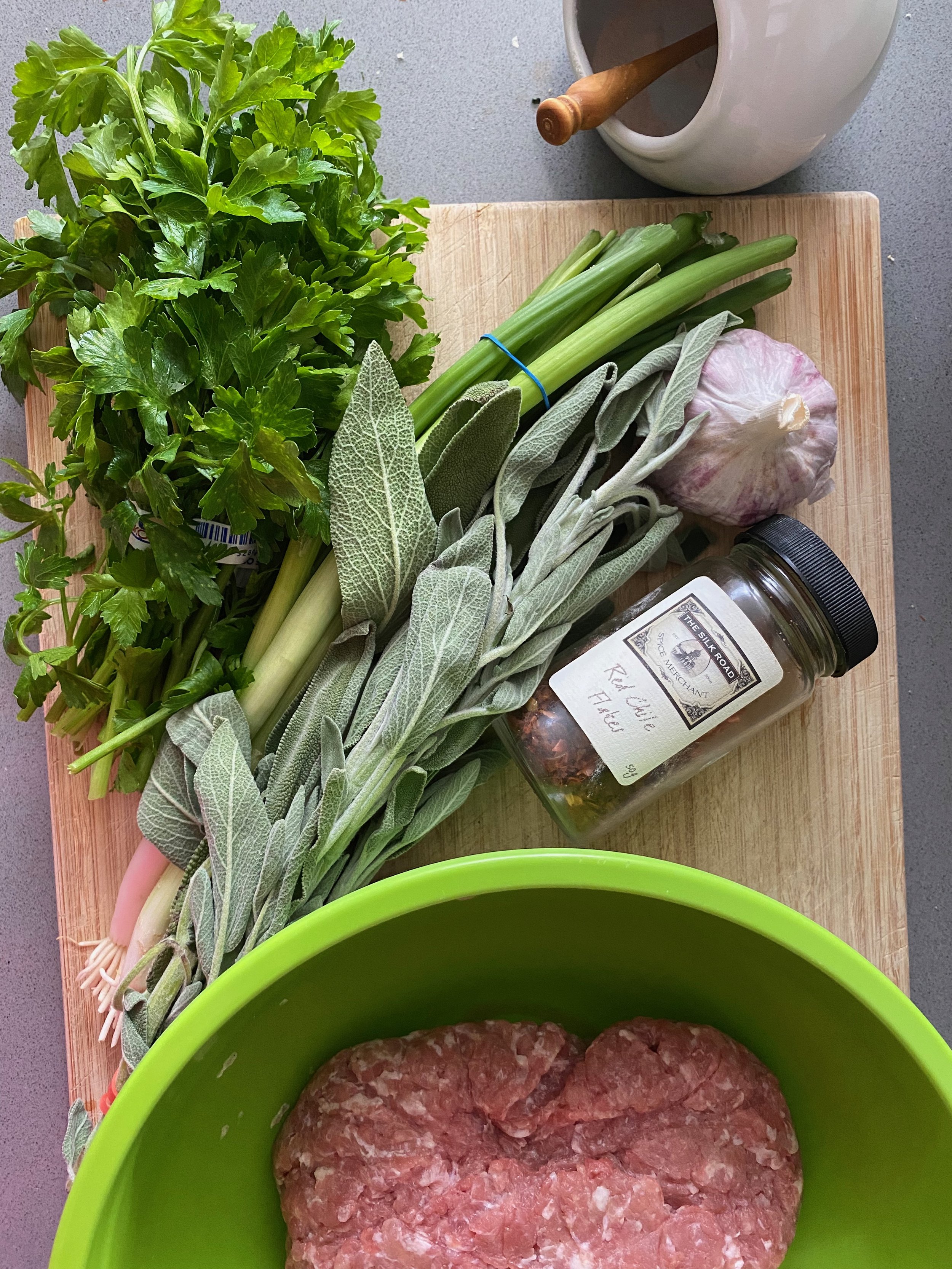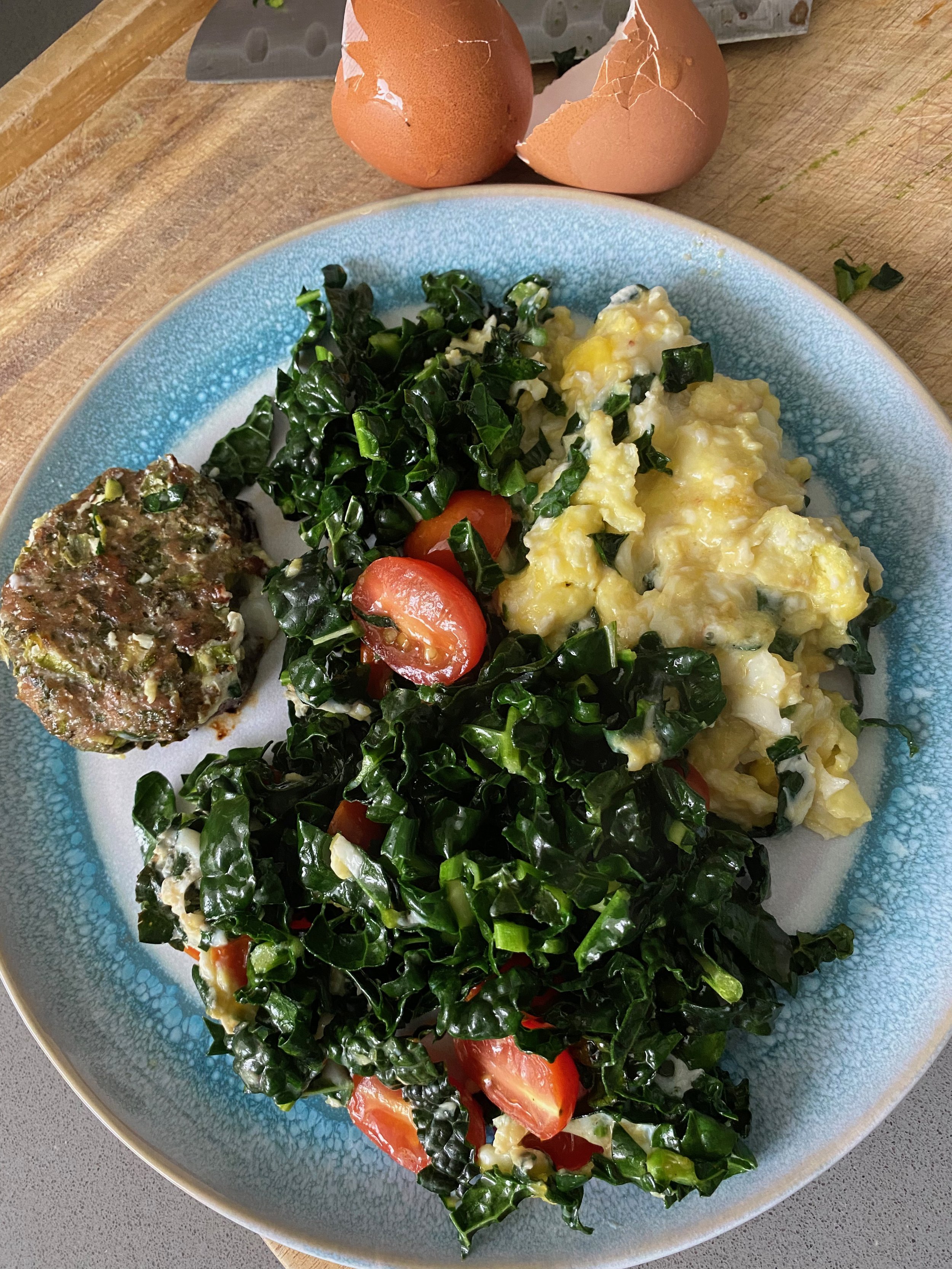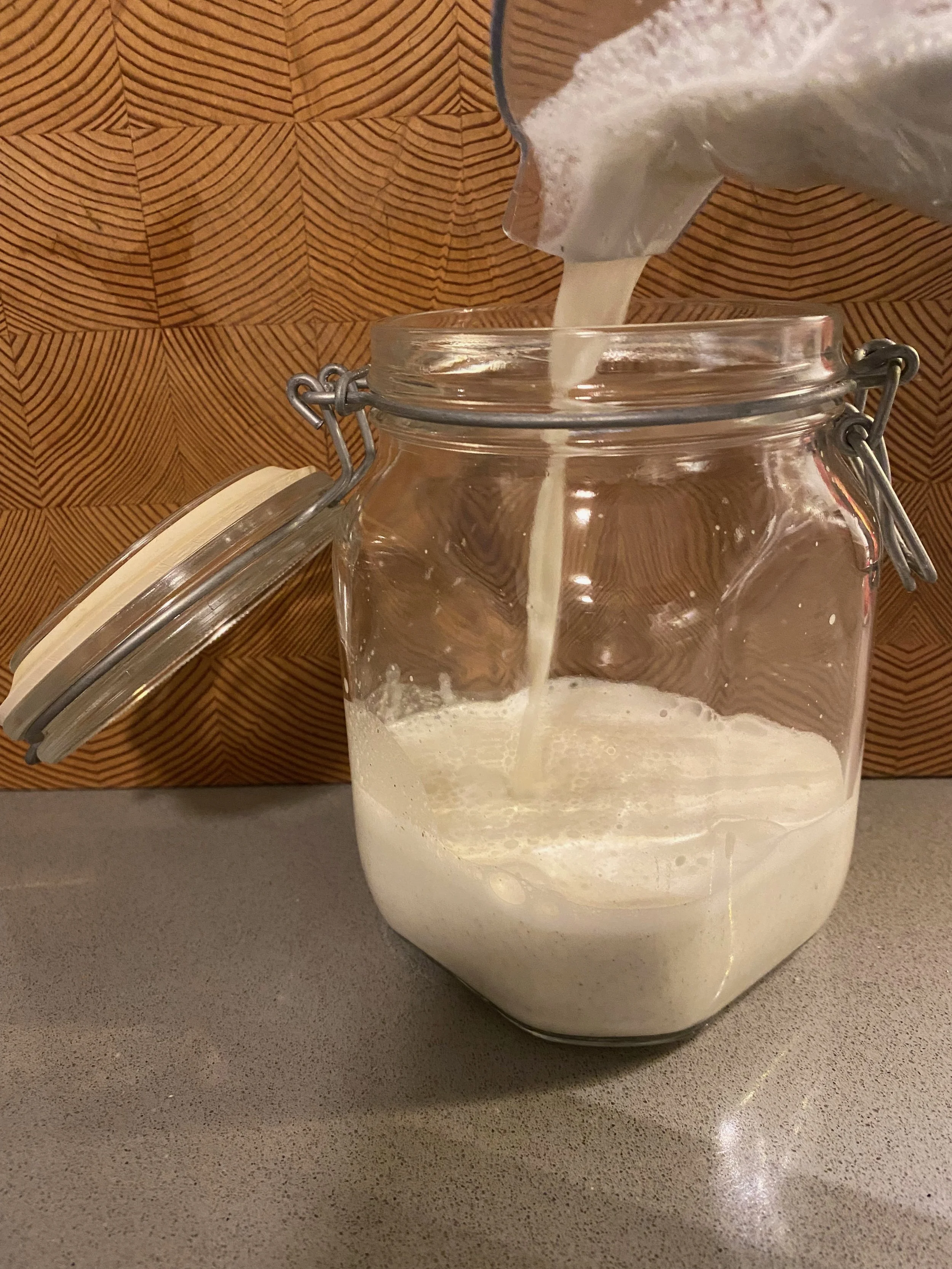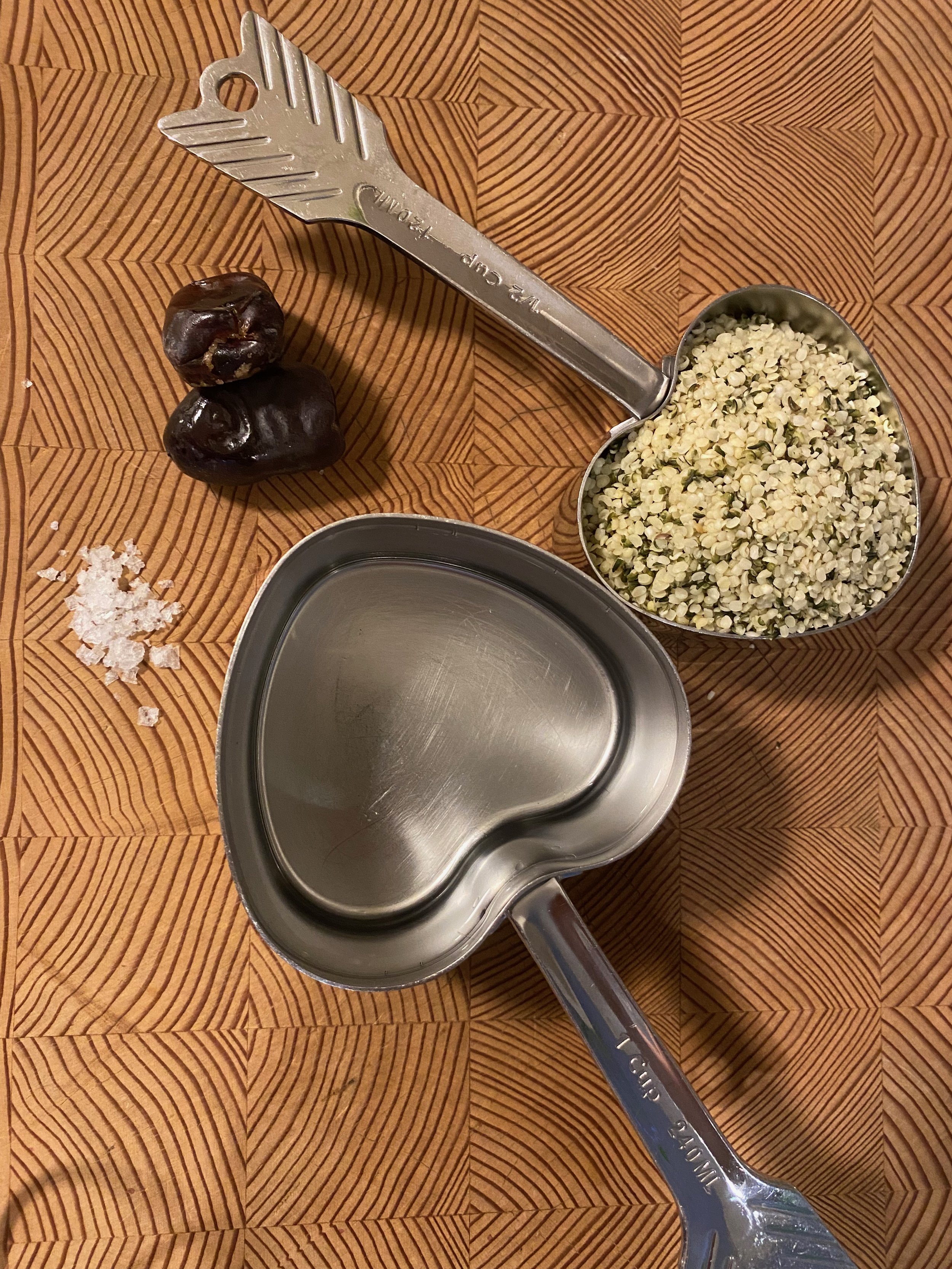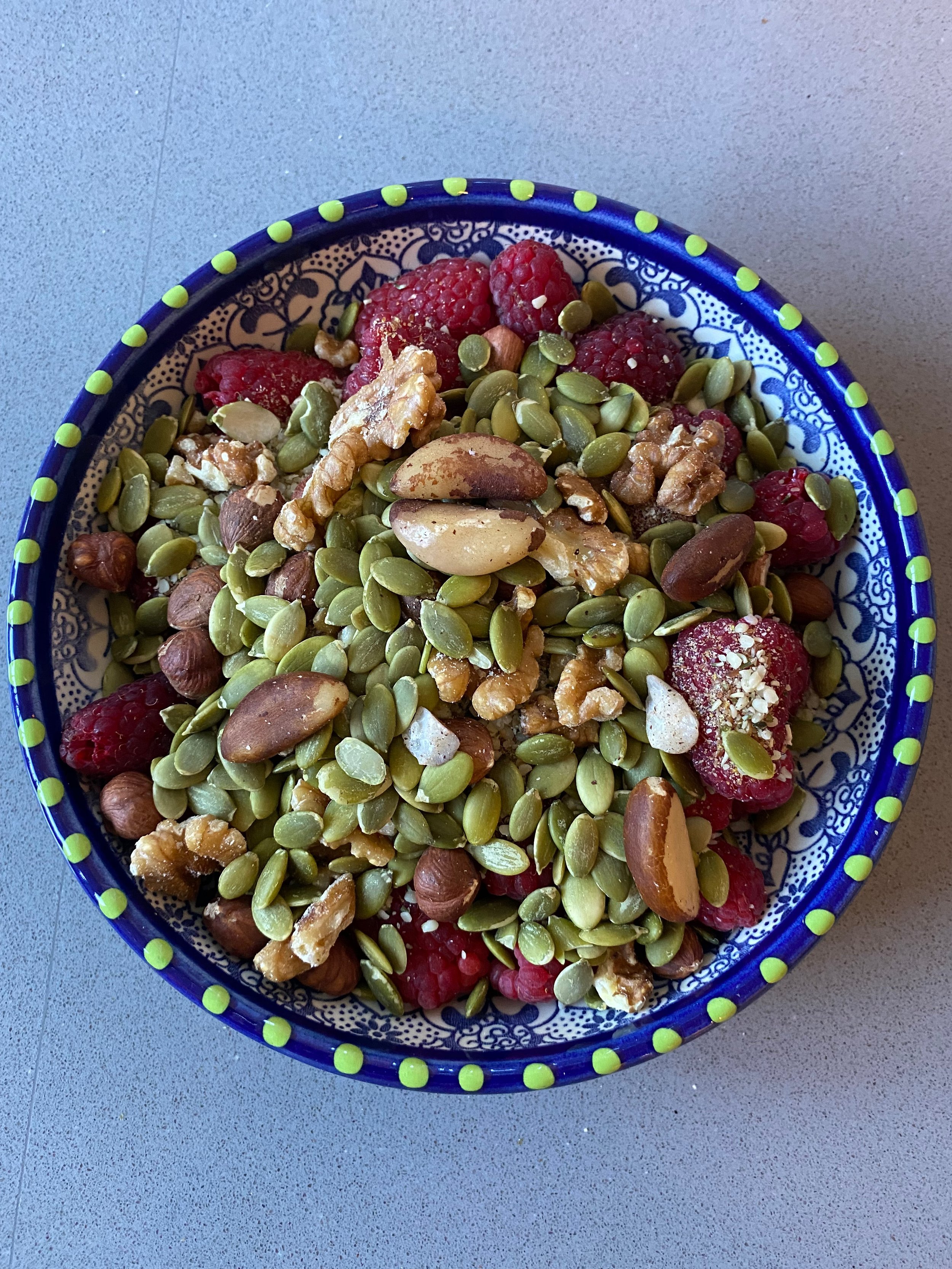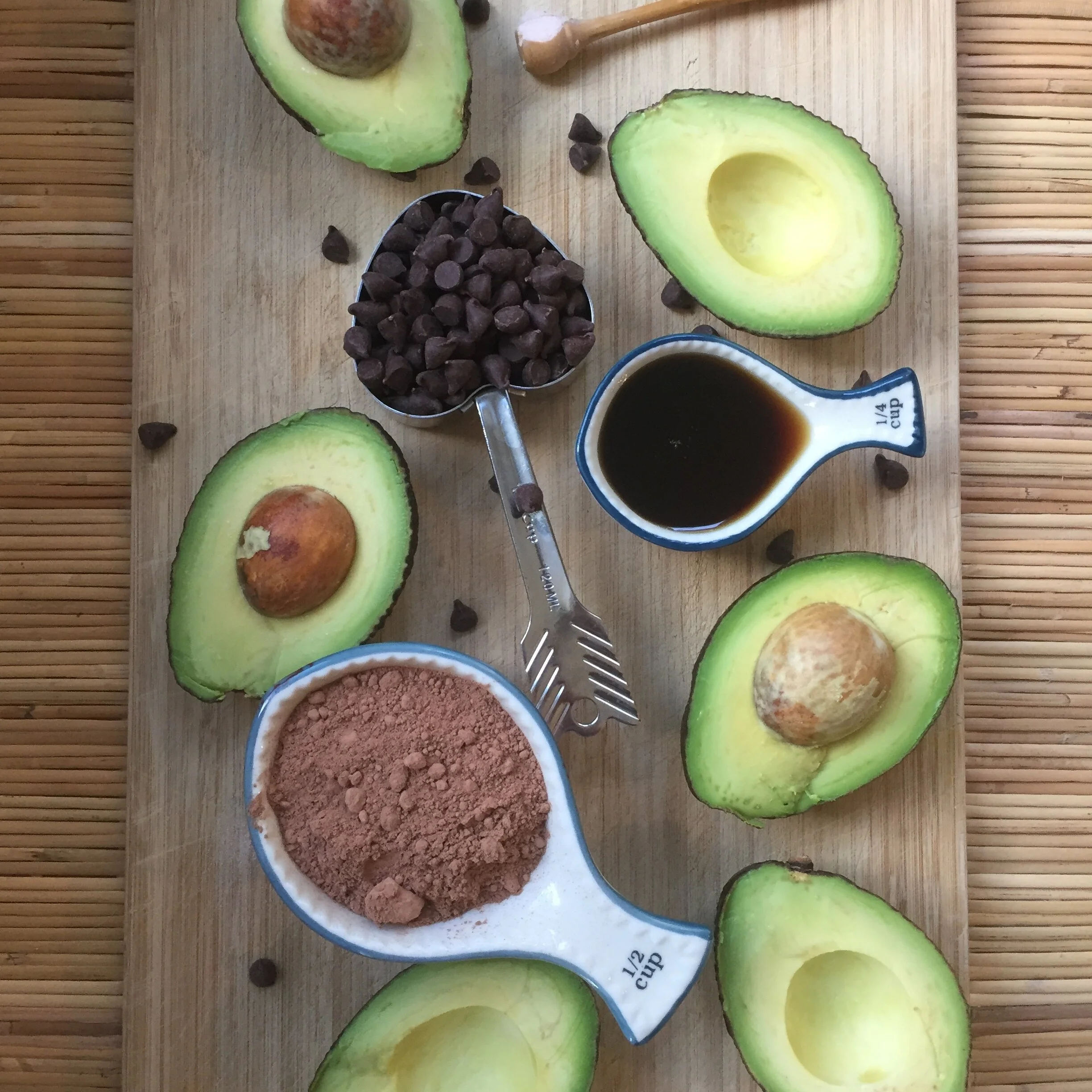When our hormones start to fluctuate at midlife, there are long term health implications for us as women, outside of our midlife experience of menopause and it’s sometimes uncomfortable symptoms.
Hormonal change is not a cause, but a risk factor for poor cardiovascular health, dementia and Alzheimers disease.
Estrogen holds a protective effect over both our metabolic health and the neurons of our brain. As estrogen depletes we are pushed, incrementally, towards insulin resistance; which has implications for our brain and cardiovascular health and experience a pruning of our neurons; which has implications for our brain health and would explain our brain futzes and short temper at midlife.
This can feel horrifying to learn and can cause us to feel overwhelmed and helpless. Many women DREAD menopause and our perception of the process of hormonal change impacts our symptoms with negativity resulting in stronger and more uncomfortable symptoms.
It’s good to take a deep breathe, step out of fear and get some perspective as, in reality, the gold standard for protecting both our brain health and our cardiovascular health as we age is still nutrition, reducing stress and exercise.
Regardless of being women and experiencing hormonal change at midlife, we have all the tools we need to protect ourselves from future health complications.
One of the most impactful ways we can support our health for the future is to take great care with our diet to balance our blood sugar levels on a daily basis. No more sugar roller-coaster with its energy buzzes and crashes, mood swings and exhaustion. Just calm, consistent energy throughout the day.
Believe it or not, this can be challenging.
We live in a terrain that is OVERLOADED with sugar in every product we buy. It takes effort and stepping outside of the Standard American Diet to break-up with sugar.
If we are addicted to cortisol, our stress hormone, we REALLY enjoy the sugar roller-coaster and it is hard to let it go. Scan your life for clues and notice where you are drawing stress in…overeating for a sugar-high, an argument for no reason or a coffee to get amped up.
Our microbiome can become unhealthily overgrown with yeasts due to years of excess sugar in our diet (hello those with a sweet tooth!) and when we suddenly cut back on sugar, we experience nasty flu-like symptoms and off-the-chain sugar cravings as Candida yeasts demand sugar from our brain.
One of the ways we can release the grip of sugar from our bodies is by eating a healthy, sugar-free breakfast, packed with protein, healthy fats and fibre on a daily basis. These make-ahead Turkey and Herb Patties will help you to follow through on your health goals at breakfast.
The protein found in turkey is rich in the amino acid, tryptophan. Tryptophan is a building block for both serotonin and melatonin in the body. When we eat turkey we are helping ourselves to keep our mood balanced and our sleep consistent.
By adding herbs and garlic to this recipe, not only do we pack in deliciousness and flavour, but we are supporting a healthy microbiome and a reduction in our sugar cravings. Garlic and sage are toxic to Candida, the unhealthy yeast that can take hold of our microbiome. As Candida dies off, you may feel headachy and low in energy but, balance is being created in your microbiome for healthy microbes, that help you to metabolize excess estrogen from the body and will bring a reduction in menopausal symptoms.
By eating these patties with eggs and vegetables in the morning, you are increasing the amount of protein you ingest at the beginning of the day. Breakfast is the most important meal for balancing blood sugar levels and climbing off that roller-coaster.
When you ditch the unhealthy, but well advertised, box cereal breakfast, the muffins and the doughnuts, you give your brain and your body the steady energy it needs to get through your morning
Additional protein with your meals at midlife is also supportive of tissue health and with exercise, such as lifting weights, prevents muscle wasting as we age. When we maintain muscle in our glutes, thighs and hips, we are protecting our mobility and also our continence!
Make and cook these patties ahead and store them in a sealed container in the refrigerator for a week to make protein at breakfast a breeze!
Ingredients
1lb ground organic turkey thigh
2 tbsp chopped fresh sage or 1 tbsp dried sage (use fresh sage if you can, it’s delicious!)
3 green onions finely chopped
1 bunch parsley finely chopped
1 clove garlic minced
1/2 tsp sea salt
1/2 tsp ground pepper
Instructions
Put all of the ingredients in a large bowl and combine using your hands
Go lightly and try not to overwork
Preheat the oven to 350F 175C
Line a large baking tray with parchment
Take a table spoon of the mix at a time and form a patty in your hands
Place the patties on the baking tray and bake for 30 minutes until cooked through
Store in an airtight container in the refrigerator to reheat at breakfast
Patties will keep for a week in the refrigerator and can be frozen for up to 3 months
